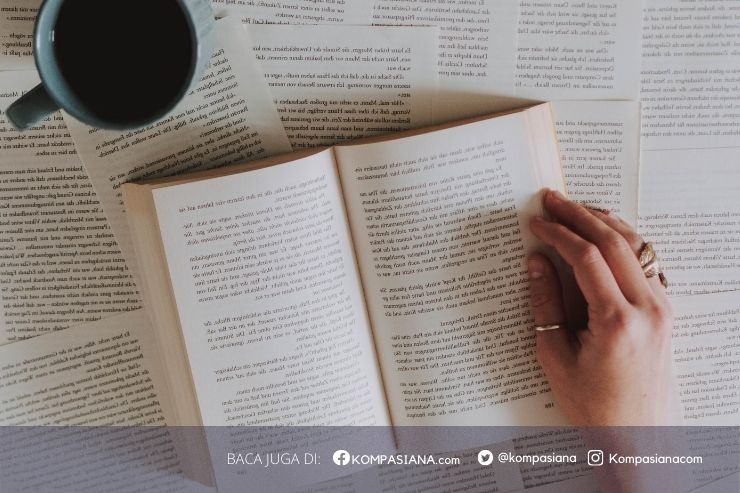It was amidst the rainy season of the year that peculiar ship docked at the port of Palembang. Words spread from mouth to mouth of the common folk of Srivijaya; every one of them may have different version of the story but either versions will contain one outlandish word: Mongol. Regardless the fact that half of the common folk may likely didn’t have the faintest idea what and where the Mongol Empire was, they all knew that the Mongol ship at the port was not a sign of good news.
Under the cold hand of Kublai Khan, Mongol Empire has become the greatest kingdom in the world at that time. Spanning from what was now Sea of Japan to Central Europe, the empire stretched its supremacy. Numerous kingdoms have been the victims of the Mongol conquest. Now is Srivijaya’s turn, thought the common folk of Palembang.
Srivijaya, on the other hand, was in a feeble condition. The rebellion in Singhasari—one of its Kedatuan—has just drained its power. The divorce between Maharaja Sumatrabhumi with his Maharatu, Dewi Tara, also worsened the situation since Kedatuan Kutai—in which Dewi Tara was its princess—has taken it as offense. With current condition, Srivijaya has only four cooperative Kedatuans: Muaro Jambi in Suvarnadvipa; Chaiya, Khmer and Champa in Malayadvipa.
On the faithful day, the Mongol people who came by the ship paid a visit to the palace of Palembang. Maharaja Sumatrabhumi, a young, tall, and handsome ruler of Syailendran descent, personally received the visitors. The balairung, which was regularly used to receive royal visitors, was abnormally crowded by people of the palace—hulubalang, noblemen, even marsi. The Maharaja’s Kumaramatyas were also present, all four of them: Srindravarman of Khmer, Po Nagar of Champa, Amretasari of Singhasari, and Sokei-An of The Great Palembang School of Buddhism. Among the Kumaramatyas, Amretasari was the most special since she was both the Kumaramatya and the Maharatu of Srivijaya; which made her deemed as the most powerful woman in the kingdom. In other sense, Sokei-An was also a special case since he is the only Kumaramatya who didn’t represent any Kedatuan and peculiarly claim that high position. Of Chaiya and Muaro Jambi, no representatives had been sent to fill that position in the council for years.
When the Mongols entered the balairung, anyone can notice that the group consists of a messenger and guardsmen. Before the messenger did his duty, it was obvious that all men and women were nervous in that room, even the messenger himself. When the message was being read—surprisingly in a fluent Sanskrit tongue—it felt like everyone was holding their breath. The message, which was being read from a vertical scroll, sounded polite and elegant. But the context was unequivocal: Srivijaya has to swear fealty to the Mongol Empire.
It was expected from Maharaja Sumatrabhumi to tread lightly with the messenger—concerning the present state of Srivijaya. However, though wise, Sumatrabhumi was a proud man. He seemed to be discreetly outraged by the fact that the Mongol Empire sent a mere messenger to make him bent the knee. Thus he answer the request by pulling an impromptu show in front of all the people in balairung—an extreme and gore one. At the first second, Sumatrabhumi pull out a dagger from its sheath. The next second, the messenger’s ear was on the floor. The event happened so fast no one even has the time to gasp. The Mongol guardsmen, who were tasked to not let any such thing from happening, were proved useless since they are overwhelmed by Srivijayan hulubalangs who already held swords in their hands. All they can do was to drag the messenger out of the palace.
The trail of blood smeared the palace’s floor. Eventually, that trail of blood will make stain from the palace of Palembang up to the capital of Mongol Empire. That day, for the first time, the fear of impending doom of their kingdom materialized in the heart of every Srivijayan.
(Continued to Chapter II)
Follow Instagram @kompasianacom juga Tiktok @kompasiana biar nggak ketinggalan event seru komunitas dan tips dapat cuan dari Kompasiana
Baca juga cerita inspiratif langsung dari smartphone kamu dengan bergabung di WhatsApp Channel Kompasiana di SINI







